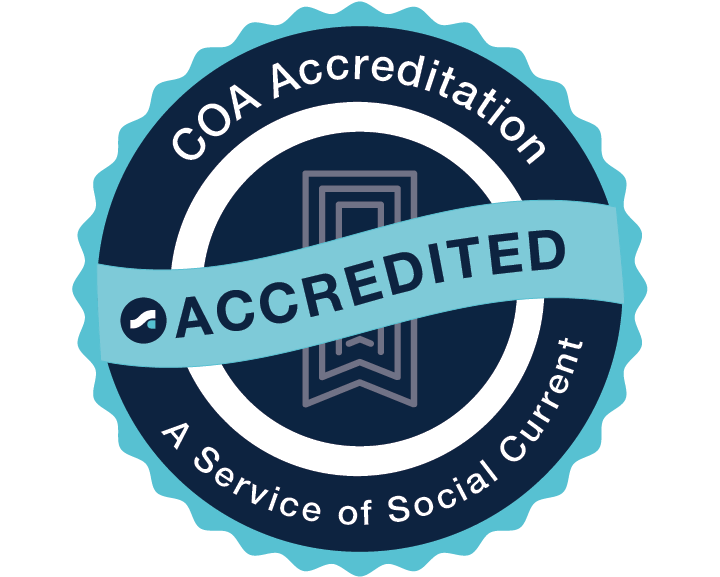Dear Future Foster Family
Dear Future Foster Family,
As you wait with anticipation for your first placement, your head is swimming. You’re a bundle of nerves, worries, and excitement, right? I can’t fully explain what joy, struggle, and life change is coming for you, but hope our experience will give you an inkling and let you know you’re not alone.
We have three biological children who were 5, 3, and 2 at the time of our first placement. When the call came, we accepted 3-year-old and 1-year-old siblings into our home.
Expect to Need Help
You WILL need help, regardless of the number of children/people living in your home. Go ahead and look for support in advance. Meal trains, friends to talk, and family to help are all essentials at the beginning. You are bringing a new life into your home and it’s all-hands-on-deck, especially as your new family is getting acquainted. Let your people and community know now to be prepared. I struggle with “needing” help and turned down offers of help in the beginning. I had to humbly go back and say, “Uh, on second thought maybe that would be nice, please and thank you.”
Expect you will need to ask your Focus on Youth social worker for help. They are amazing and are there to support the kids and YOU to the best of their ability. When things feel like too much and are too hard, reach out for support and the resources that are available!
Prepare for a Big To-Do List
It will be busy and demanding, especially in the first month of a new placement. You will have 1,000 things to figure out and they are almost all time sensitive. We had the initial and 30-day foster clinic check at Children’s Hospital, then set up home visits with our agency worker and the kids’ county case worker, scheduled their family visit and figured out transportation, scheduled dentist appointments and eye exams, and found a pediatrician. If the kids are school aged, you have to figure out what school they will attend and when, complete all the paperwork that’s required, and set up school transportation. If you work outside the home, finding childcare that fits your needs and budget will be a priority. And, there’s a never-ending stream of paperwork.
If you’re in the Cincinnati area, plan to schedule an appointment with Hope’s Closet as soon as possible after placement. They have many things you may realize you need in those first days, like clothing (you get a week’s worth per child), cups, bowls, utensils, books, toys for all ages, hygiene products, diapers/pull ups, and even blankets and bedding. It’s a huge blessing!
Be Patient with Biological Families
Your relationship with the biological family can be tricky and even frustrating. You may need to prepare for the day they make remarks or accusations about your treatment of their children. Within the first week, I got a call during a family visit about concerning marks on our foster daughter’s neck. They were mosquito bites from playing outside. But even though the caseworker knew I would never hurt a child, I still had to go to a pediatrician or urgent care/ER to have it documented by a medical professional that she was not harmed and her “injuries” weren’t inflicted by a person. I was devastated, hurt, angry, embarrassed, and exhausted. Instead of a getting a thank you for making it through some of our hardest days of loving and caring for these children the best we could, I was going to a doctor to have my innocence proven.
Once the shock and emotion wore off, I realized this family was simply trying to protect their children. Wouldn’t I do the same thing in their position if my children were living with strangers? How could they trust me? The next week, when I took the kids for their visit, I sent a letter and picture of my family. That isn’t safe or appropriate in all situations, but for us, it changed everything in our relationship with the kids’ parents. They were able to see who their children were living with and hear directly from me, not through a caseworker, that we were on their team and ultimately wanted what’s best for their kids.
You will eventually develop empathy for the children and their parents. No one chooses to be in this situation, no matter what led them here. We don’t know what the parents’ childhoods were like and what they’ve had to overcome or fight. We don’t even know everything our foster children have experienced. They will act out, just like any other child. But unlike most other children, theirs comes from experiencing deep loss and trauma most of us, even as adults, can’t fully comprehend. We have to give parents and kids the benefit of the doubt because we’ll never know what it’s like in their shoes.
Expect Not Knowing
You can’t get too comfortable with the details of the case. Things change unexpectedly and fast. Every week we got a different version of what was going on or expected to happen. We thought this placement would be short term and are now going on 7 months with no definite end in sight. We believe they will, most likely, reunify with their parents, but we’ve learned to never expect a time frame or a specific outcome. It’s impossible to predict, even for caseworkers, when there are so many people and factors involved.
You won’t know everything about the children right away. The caseworkers only know what is documented and available to them at the time of placement. Our foster son ended up having some pretty severe health issues that hadn’t started presenting until he was in our home. He was born premature and has had many related appointments, tests, and hospital visits, none of which we knew about at the time of placement.
Understand It’s a Journey
Expect to give grace to yourself, your partner, any biological children, and the foster children. Everyone’s life changes the second a new child walks in the door. It takes time to build a relationship and get to know each other. Along with giving grace, expect you and your partner (and your children) may need a break or some space, especially in the first months of adjusting, and that’s okay. It’s so important that when things feel heavy and burdensome, you are giving yourselves care and attention as well. You don’t want to get too exhausted or overwhelmed and burn out quickly.
The journey we’re on as foster parents is not an easy one. To willingly step into the mess and brokenness of another family is a high calling. If it were easy or as simple as caring for children temporarily, everyone would do it. Foster care is exhausting in so many ways, but it is also the most selfless, worthy, and beautiful thing I have ever personally experienced in my life.
You Will Get Attached
You will and should get too attached. Any child in your home needs healthy attachment, and if you’re willing to open your heart, you certainly will get attached. These children need us to feel heart ache and loss when and if they leave our homes. They may or may not remember us specifically, but they will know they were loved and cared for well. If they don’t remember, their parents will. We provide a place they experience true joy while dealing with the deep loss of their family. Knowing that gives me peace. All the other details seem minor when we realize that our only job is to stand in the gap that exists between them and their family, giving them a safe, secure, and loving home while they are in need of it.
You’re about to do this! You will have a part in changing lives and stories! You’re not alone.
With All the Love,
Another Family Standing in the Gap

